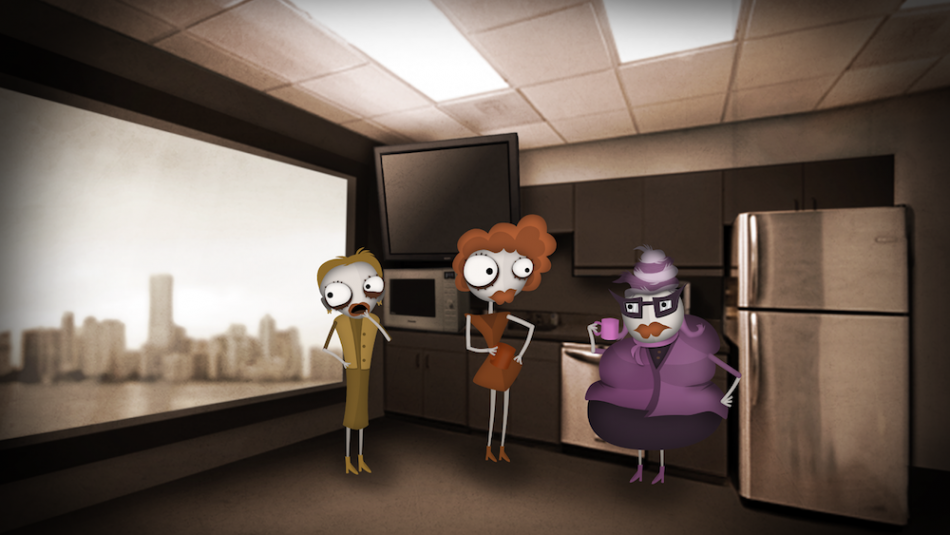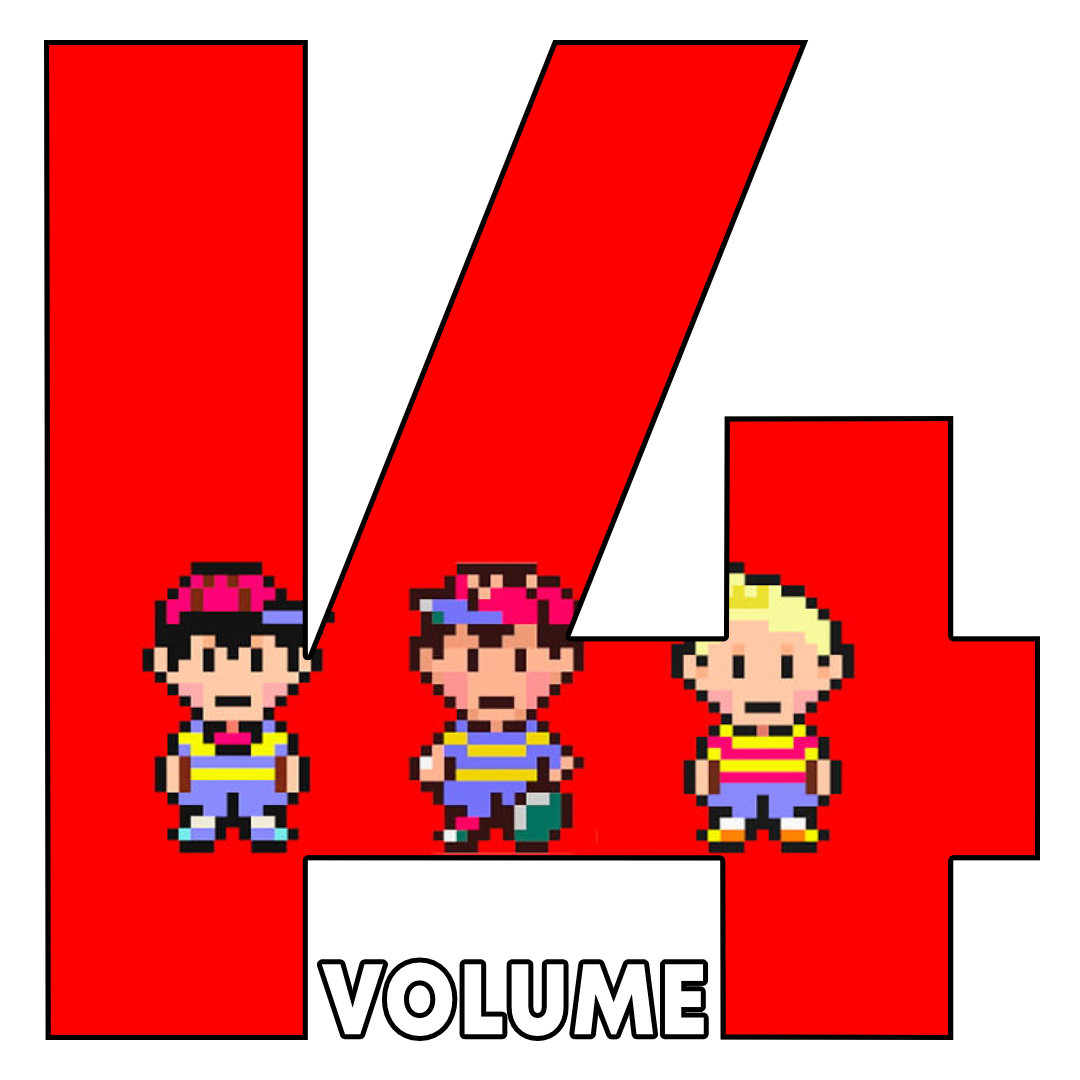A friend of mine is a nationally competitive pole-dancing instructor with an undergraduate degree in neuroscience.
Between buying and playing Human Resource Machine, the latest from World of Goo impresario Kyle Gabler and his colleagues at Tomorrow Corporation, this good friend asked me whether it was worth her time learning to program.
Her aforementioned background, as remarkable and diverse as it is, neither precludes nor fully indicates obvious enjoyment of coding. So I showed her the Codecademy Java course and set her on her way.
It wasn’t a perfect solution – it required learning to code in order to figure out whether it was worth her time learning to code – but it was the best option I knew of. Now, I’d recommend she play Human Resource Machine, because for better or worse, it imparts the experience perfectly.
Human Resource Machine will not teach you to code. What it will do is demand that you think like a programmer, that you break down a problem into its constituent parts and figure out how best to solve it.
It’s a puzzle game about writing clear, efficient sets of instructions, about wrestling the fundamentally illogical human brain into solving strictly logical puzzles.
The conceit is simple – you use a vocabulary of conditions and instructions to tell a little worker how to process a chain of numbers in accordance with set specifications.
Over time, your vocabulary grows and difficulty of the tasks increase, until you’re chaining jumps between sections of code, reading and writing from memory and optimizing code beyond all comprehensibility. The tasks are interesting and unique and each one tests the player in different ways.
The problem is that while giving players an escalating set of assembly language programming tasks to complete, the game does little to help put players into the mind of a programmer, teaching them how to approach these puzzles.
The trial-and-error gameplay also lacks interesting feedback or assistance, rendering a failed run as a frustrating obstacle rather than an opportunity for new fun.
I can only imagine the walls players with no programming experience are going to hit trying to play Human Resource Machine, because it does little to guide the player’s learning through play. Despite its seeming simplicity, this is a strikingly inaccessible game.
This is, however, the only sense in which Human Resource Machine is poorly presented. Gabler’s macabre art style, developed even as far back as the Experimental Gameplay Project, charms and unnerves as it always has. Likewise, his preoccupation with monolithic, unconvincingly affable corporations finds fitting and hilarious satirical use here.
This game riffs on themes of job automation and wage slave life in a way that complements the gameplay conceits wonderfully. For long-time Gabler fans, there’s also the usual running gags – Kyle’s been using the same “children cheering” sound clip for almost a decade, and it honestly gets funnier every time.
However, these call-backs to the existing canon of Kyle Gabler’s work highlight the biggest issue with Human Resource Machine; it’s just not very compelling.
World of Goo is a strong candidate for my the honour of being favourite modern puzzle game, and Little Inferno was for me a more fully realized expression of Kyle’s pet themes than anything else he’s produced.
I feel that his latest work rather pales in comparison. I didn’t find it especially fun to interact with on a moment-to-moment level, I didn’t find the larger level goals satisfying to complete and ultimately it felt too much like work to me.
Even enjoying programming as much as I do didn’t stop this game from being all too easy to put down, and frankly I imagine that for many players, that will be an insurmountable barrier.
I simply didn’t like this game as much as I wanted to; I get more out of logging into CodeWars than I do playing Human Resource Machine.
I can’t say it isn’t worth a try, especially if you’re curious about whether programming is right for you, but the game seems incapable of making its challenges compelling – either you care about programming or you don’t, but this game won’t persuade you to do so. Be warned.
Alex Maskill is an author and game designer from Eastbourne. He’s just about to graduate from his MSc Computer Science course, and his award-winning debut novel, The Hive Construct, is out now under Doubleday and Corgi.















